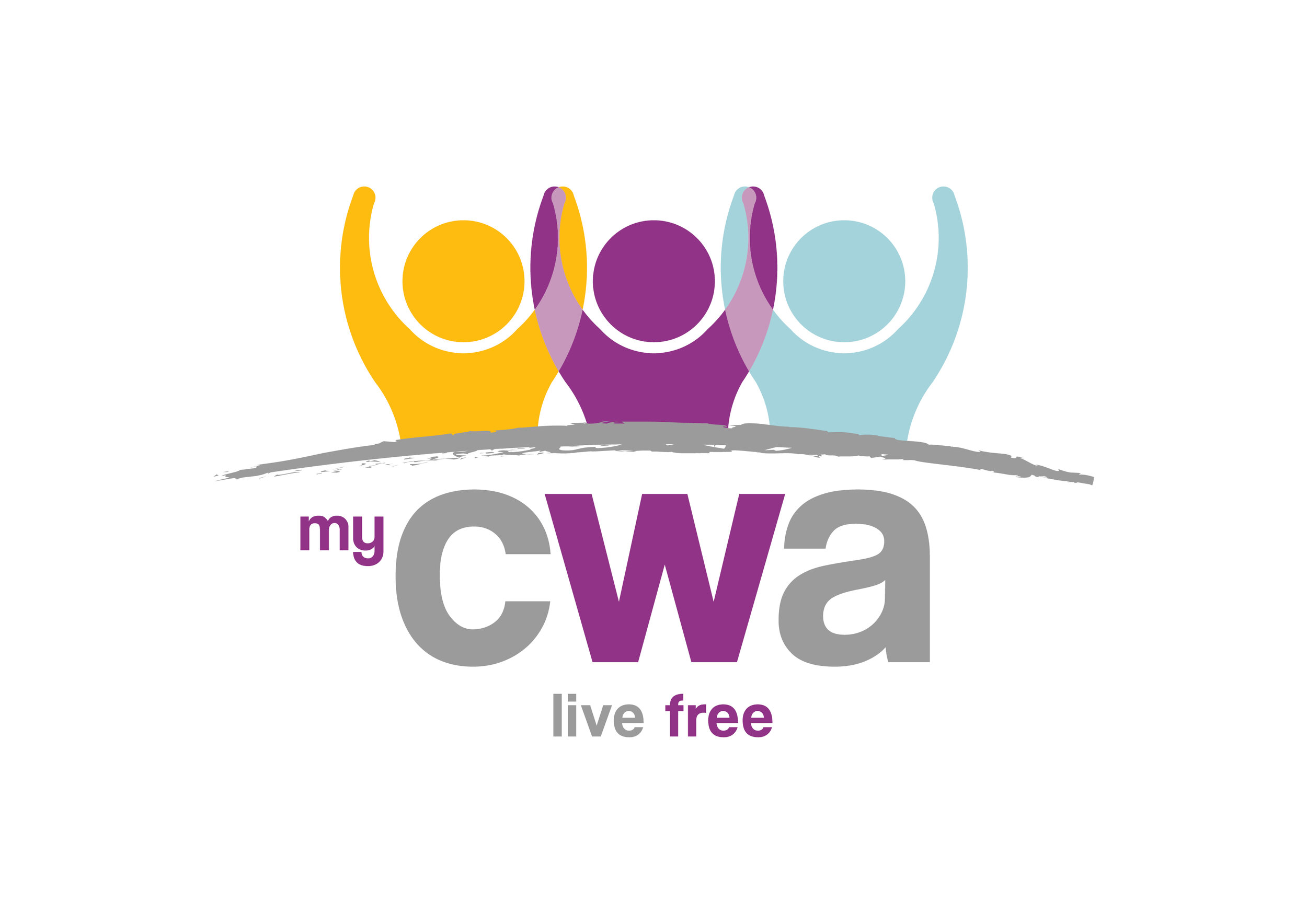Blue Monday for domestic abuse survivors
The term “Blue Monday” has some kind of statistical basis centred around people feeling pretty skint, fairly cold and a bit miserable on the third Monday in January. But for some people – particularly survivors of domestic abuse – it’s so much more than that.
In our experience, Blue Monday effects people on a spectrum – anywhere from not at all (those people are probably the ones off on their Caribbean cruises!) to little-bit-meh, to clinical depression diagnosis and an increase in suicide rates. Yes, it really is that serious for some people.
The extent to which Blue Monday affects you will depend on lots of different things – including your financial situation, your relationship and your overall mental health.
One of the most effective ways to improve the way you feel on Blue Monday is to reach out for help. We support families affected by domestic abuse on Blue Monday and every other day of the year. So you really do not have to go it alone.
Contact us now if you need to talk: 01270 250390 / info@mycwa.org.uk
What Blue Monday means for domestic abuse survivors
Here at My CWA, we’re not sure if the term Blue Monday is that useful. On one hand, it highlights the fact that other people might be experiencing difficult emotional times – and feeling less isolated when you’re struggling with your mental health can be one of the most effective ways of improving it.
One the other hand, it can feel like the people around you are minimising the very real emotional distress you’re experiencing within your relationship when they moan for seemingly trivial reasons and jump on the Blue Monday bandwagon.
Beyond Blue Monday
We know that domestic abuse survivors are more likely to suffer from depression and we know the impact that can have on the ability to heal after experiencing domestic abuse. What’s really important is that you know you can turn to us for support – whether it’s Blue Monday or not.
If you’re struggling to cope today, please, please don’t struggle alone. Browse our website for some self care tips and to find out more about how we can support you and the people you care about. Call us for support or dial 999 in an emergency.
We’re here to help and we care. You’re not alone.

